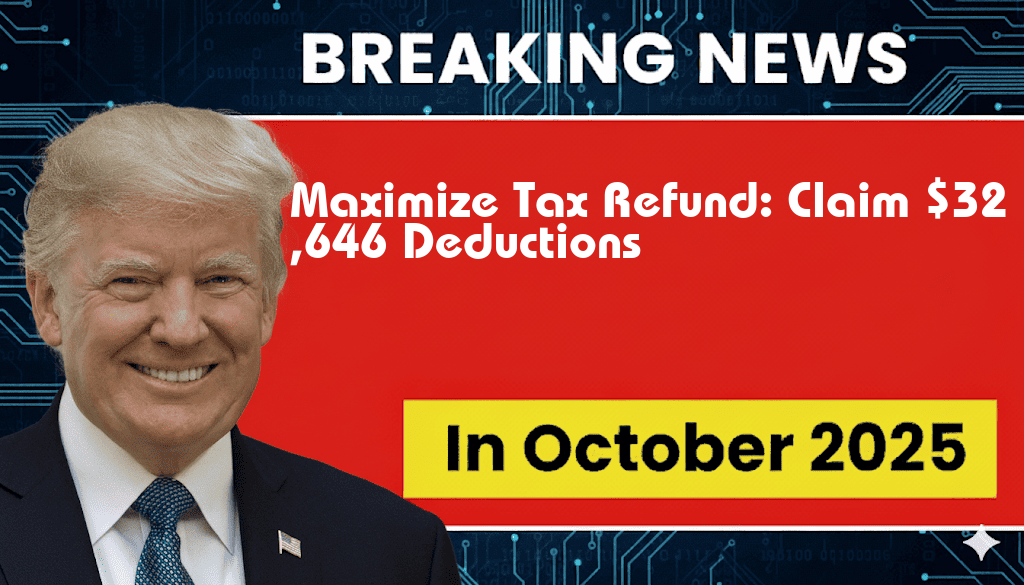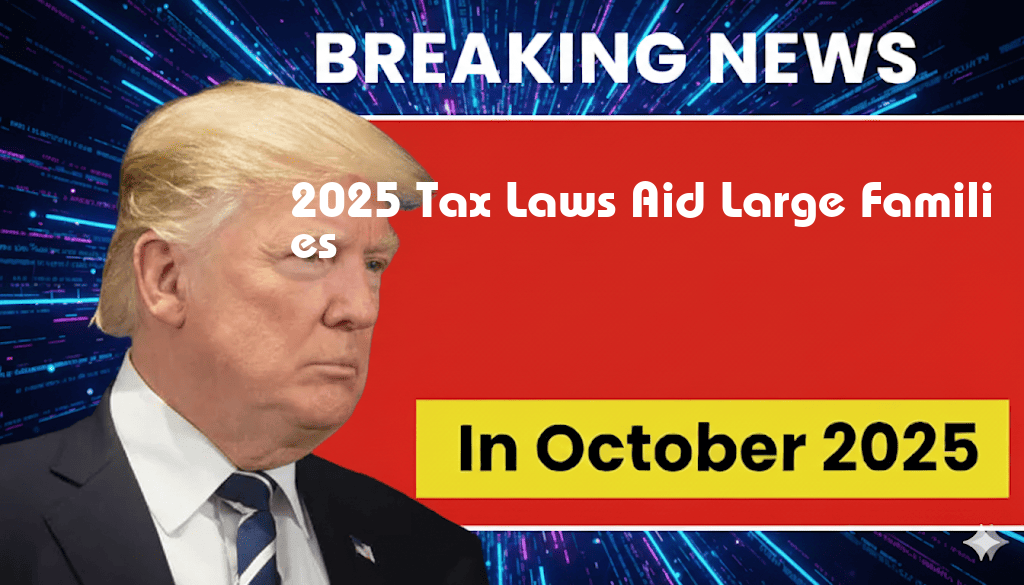

Estate Exclusion Jumps to $13.99 Million, Significantly Boosting Inheritance for Heirs
The federal estate tax exclusion has seen a substantial increase, rising to $13.99 million for 2023. This significant adjustment allows individuals to pass on more wealth to their heirs without incurring federal estate taxes. The increase, which is a result of inflation adjustments made by the IRS, has critical implications for estate planning, particularly for high-net-worth families. With this new threshold, estates valued below the exclusion amount will not be subject to federal estate taxes, which can be as high as 40% on amounts exceeding the exclusion limit. As a result, many families can now transfer larger sums of wealth tax-free, further enhancing the financial legacy they leave behind.
Understanding the Estate Tax Exclusion
The estate tax exclusion is a key component of the federal estate tax system, designed to determine how much of an individual’s estate and gifts can be transferred to heirs without taxation. The increase to $13.99 million represents a significant financial opportunity for beneficiaries, enabling wealth retention within families.
Recent Changes and Historical Context
- The exclusion amount was $12.06 million in 2022.
- In 2023, it will rise to $13.99 million, a jump of nearly 16%.
- This increase is linked to inflation and is adjusted annually by the IRS.
The rise in exclusion reflects ongoing economic trends and aims to lessen the tax burden on estates, particularly those of middle- to upper-class families. As wealth distribution continues to shift in the U.S., these adjustments play a vital role in estate planning strategies.
Implications for Estate Planning
For individuals and families, the increase in the estate tax exclusion presents several opportunities and considerations:
- Tax-Free Transfers: Families can transfer more wealth without incurring taxes, allowing for greater financial flexibility.
- Strategic Planning: High-net-worth individuals may consider revising their estate plans to optimize tax benefits, including gifting strategies.
- Investment Opportunities: Additional wealth can be invested or used to support charitable endeavors without the constraint of taxes.
How the Exclusion Affects Different Tax Brackets
The federal estate tax only applies to estates exceeding the exclusion limit. Estates valued below $13.99 million will not face federal taxes, which primarily benefits those in the upper middle class and wealthy categories. For example:
| Estate Value | Tax Implication |
|---|---|
| Below $13.99 million | No federal estate tax |
| $13.99 million – $40 million | Tax applies only to the amount over $13.99 million |
| Over $40 million | Tax applies to all amounts over the exclusion limit |
Future Considerations
As the estate tax landscape evolves, potential changes remain on the horizon. With discussions surrounding tax reform and wealth distribution gaining momentum, it’s crucial for individuals to stay informed and proactive in their estate planning. The increase to $13.99 million should encourage families to reassess their financial strategies and consider long-term implications for both their estates and their heirs.
Expert Insights
Financial advisors recommend that families take this opportunity to consult with estate planning professionals. Adjusting wills, trusts, and gifting strategies can maximize the benefits of the increased exclusion. Additionally, understanding state-specific estate tax laws is vital, as some states impose their own estate taxes with lower thresholds.
For more information on estate tax policies, visit Forbes or refer to the Wikipedia page on Estate Tax in the United States.
As the financial landscape changes, the increased estate exclusion will undoubtedly play a critical role in shaping the future of wealth transfer in the United States.
Frequently Asked Questions
What is the new estate exclusion limit for 2023?
The new estate exclusion limit for 2023 has increased to $13.99 million, allowing individuals to pass on more wealth without incurring federal estate taxes.
How does the increased estate exclusion benefit heirs?
The increase in the estate exclusion means that heirs can inherit a larger sum of money or assets without facing inheritance taxes, significantly boosting their overall financial gain.
What was the previous estate exclusion limit?
The previous estate exclusion limit was lower than the current $13.99 million, making the recent adjustment a noteworthy change that enhances the financial landscape for many estates.
Will the estate exclusion limit continue to rise in the future?
The estate exclusion limit is subject to changes based on inflation adjustments and policy changes, so it’s possible that it may continue to rise in subsequent years.
What should individuals do to take advantage of the new estate exclusion limit?
Individuals should consult with a financial advisor or estate planning attorney to effectively structure their estate plans and maximize the benefits of the new estate exclusion limit.





